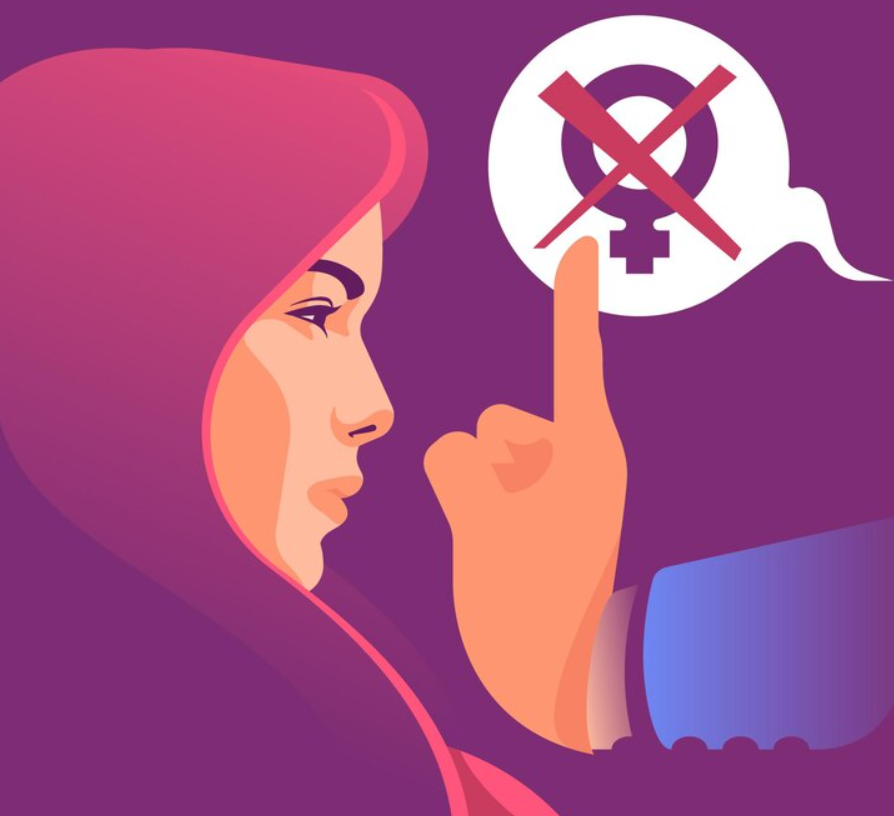Understanding Female Genital Mutilation (FGM)
Situasi ID – Putting Survivors First: Ending Female Genital Mutilation – As we commemorate the International Day of Zero Tolerance for Female Genital Mutilation, it is crucial to stand with the courageous survivors of this grave violation of human rights. Each survivor’s journey reflects resilience, underscoring the global movement’s strength to eliminate this harmful practice.
Over 200 million girls and women worldwide have endured the traumatic effects of female genital mutilation, with approximately 4.4 million girls still vulnerable to it this year alone. Shockingly, this equates to over 12,000 cases each day.
International Commitments and Collaborations
In line with significant international agreements such as the Beijing Declaration, ICPD25, Generation Equality, CEDAW, CRC, and the Sustainable Development Goals, our commitment to preventing and addressing female genital mutilation remains unwavering.
Female genital mutilation epitomizes a severe violation of women’s and girls’ rights, endangering their physical and mental well-being and impeding their ability to live fulfilling lives. It subjects them to excruciating pain, severe bleeding, infections, and long-term health issues, including childbirth complications that jeopardize both mothers and infants.
Empowering Survivors as Agents of Change
To realize our vision of a world free from discrimination and harm against women and girls, it is imperative to amplify the voices of survivors. Their firsthand insights offer invaluable perspectives on the challenges and solutions necessary to end this practice. Prioritizing survivor-led initiatives, particularly at the grassroots level, is crucial to our collective endeavors.
Solidarity and Collective Action
United Nations agencies, including UNFPA, UNICEF, OHCHR, UN Women, and WHO, stand in solidarity with survivors, advocating for their leadership and amplifying their viewpoints in our efforts to prevent and respond to female genital mutilation.


